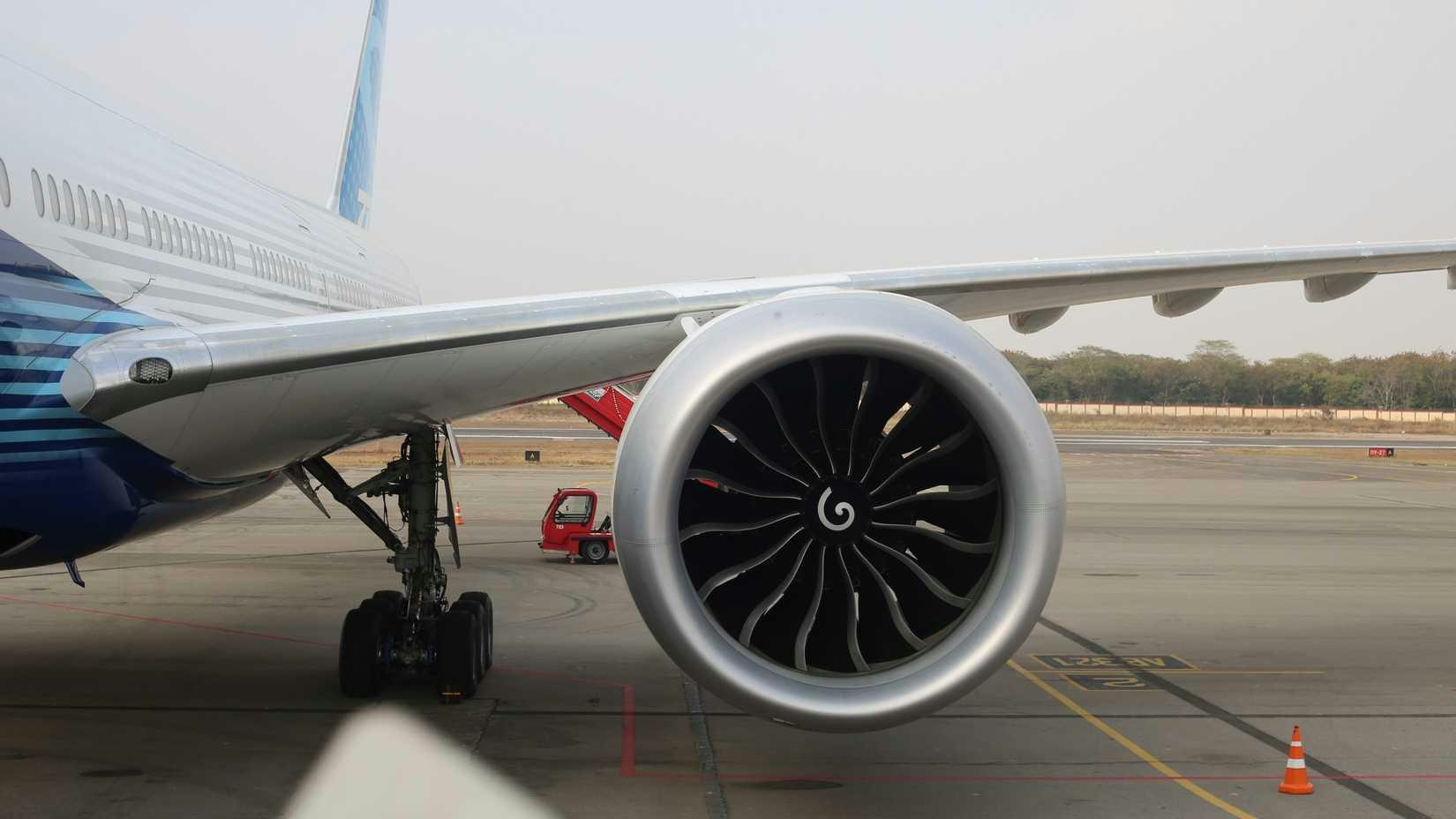
AeroGenie — Votre copilote intelligent.
Tendances
Categories
Nigerian customs crack down on foreign-registered bizjets
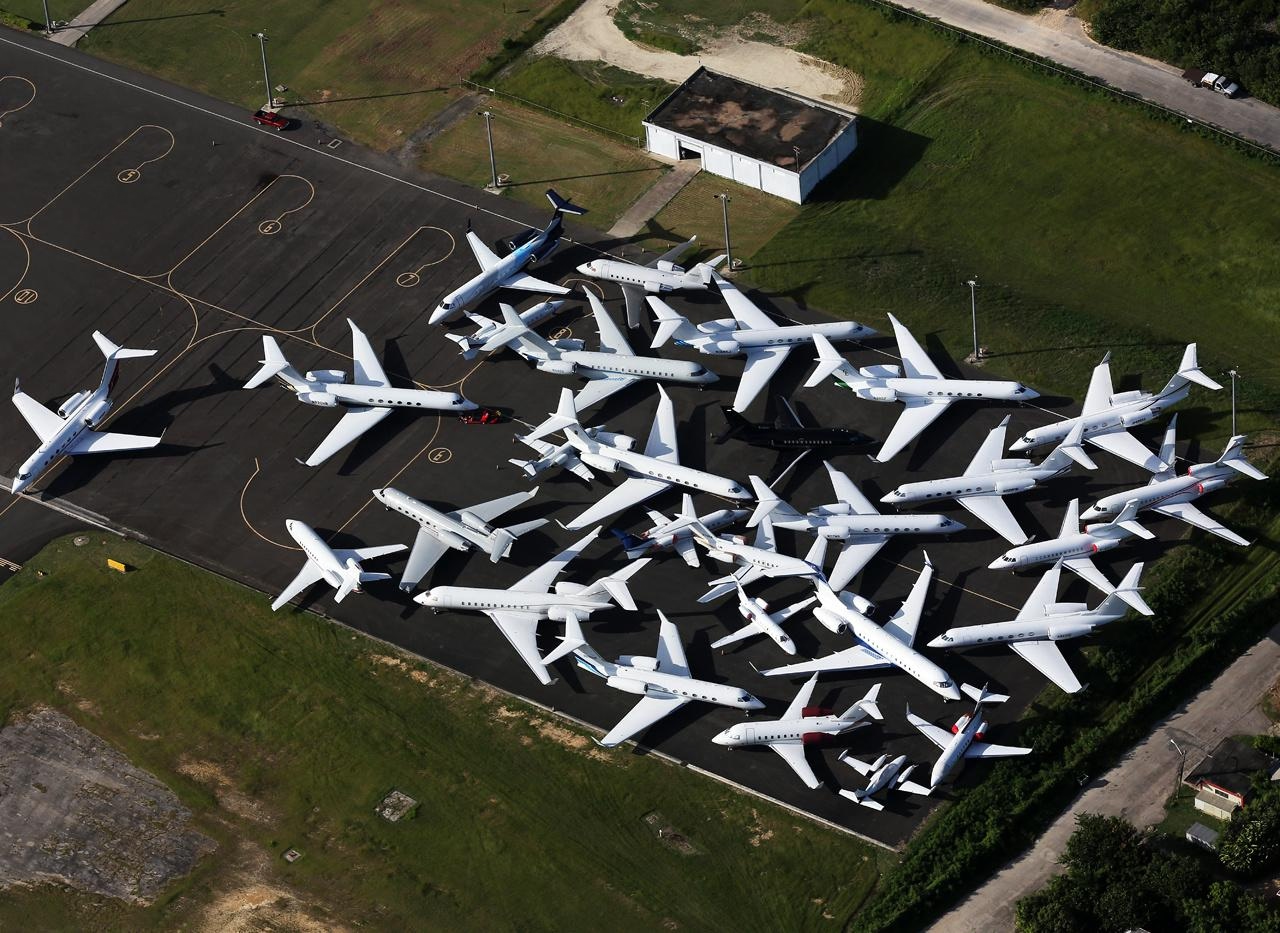
Nigerian Customs Enforce Grounding of Foreign-Registered Business Jets
In early June 2025, the Nigeria Customs Service temporarily grounded nearly 60 foreign-registered business jets at Lagos and Abuja airports, citing unpaid import duties as the primary cause. The aircraft, operated privately under permits for non-commercial flights (PNCFs), were released on June 4 after owners reportedly agreed to settle outstanding dues within a month. Despite the scale of the operation, customs officials have not disclosed specific details about the affected jets and have remained unresponsive to requests for comment.
Background and Regulatory Context
This enforcement action forms part of a broader initiative launched by Nigerian authorities in late 2024 aimed at compelling aircraft owners to re-register their jets locally. Customs officials contend that the continued use of foreign registrations enables owners to circumvent import taxes, resulting in significant revenue losses for the government. Although warnings about potential groundings were issued as early as October 2024, no enforcement measures were implemented until this recent crackdown.
Data from ch-aviation indicates that there are currently 73 business jets based in Abuja and Lagos. Of these, only 25 are registered in Nigeria, while the remainder are registered in various foreign jurisdictions, including the United States (25), San Marino (nine), the Cayman Islands and the Isle of Man (five each), and Austria, Canada, Mauritius, and Portugal (one each). The fleet encompasses a range of aircraft from very light jets to ultra-long-range models, with the Challenger 600-series being the most common, accounting for 16 units.
Implications for Nigeria’s Business Aviation Sector
The crackdown is poised to have significant repercussions for Nigeria’s business aviation industry. Operators may face increased financial burdens due to tariffs and regulatory fines, which could incentivize a shift toward domestically registered aircraft or drive up prices for jets compliant with Nigerian regulations. This regulatory shift may also alter market dynamics, as competitors could lobby for policy revisions or adjust their business strategies to align with the evolving environment.
Furthermore, the heightened enforcement may prompt some operators to consider alternative routes or relocate their operations to countries with more favorable regulatory frameworks, potentially affecting the broader business aviation market in the region. As the deadline for settling import duties approaches, industry stakeholders remain attentive to how these regulatory changes will influence the future landscape of business aviation in Nigeria.
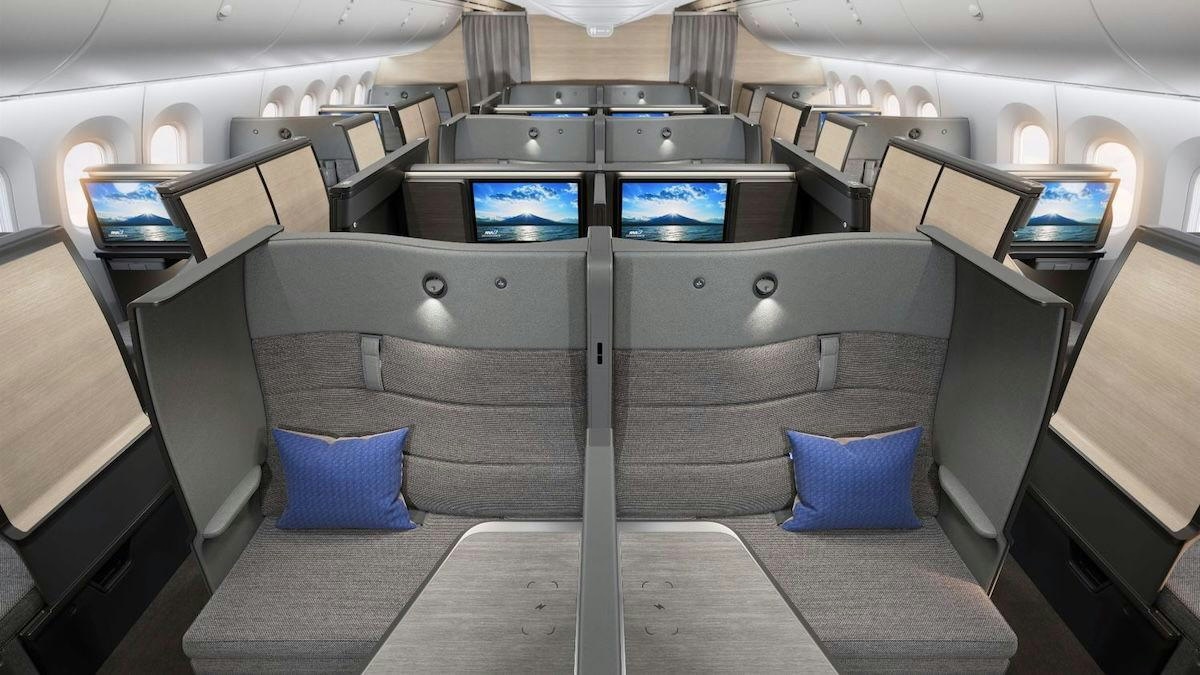
ANA Introduces The Room FX Business Class on Boeing 787 Dreamliners

New Three-Cylinder Engine Features Rotating Block and Stationary Head

Credit Card Rewards Compete with Airline and Hotel Loyalty Programs

ExecuJet MRO Installs Starlink on Falcon 8X
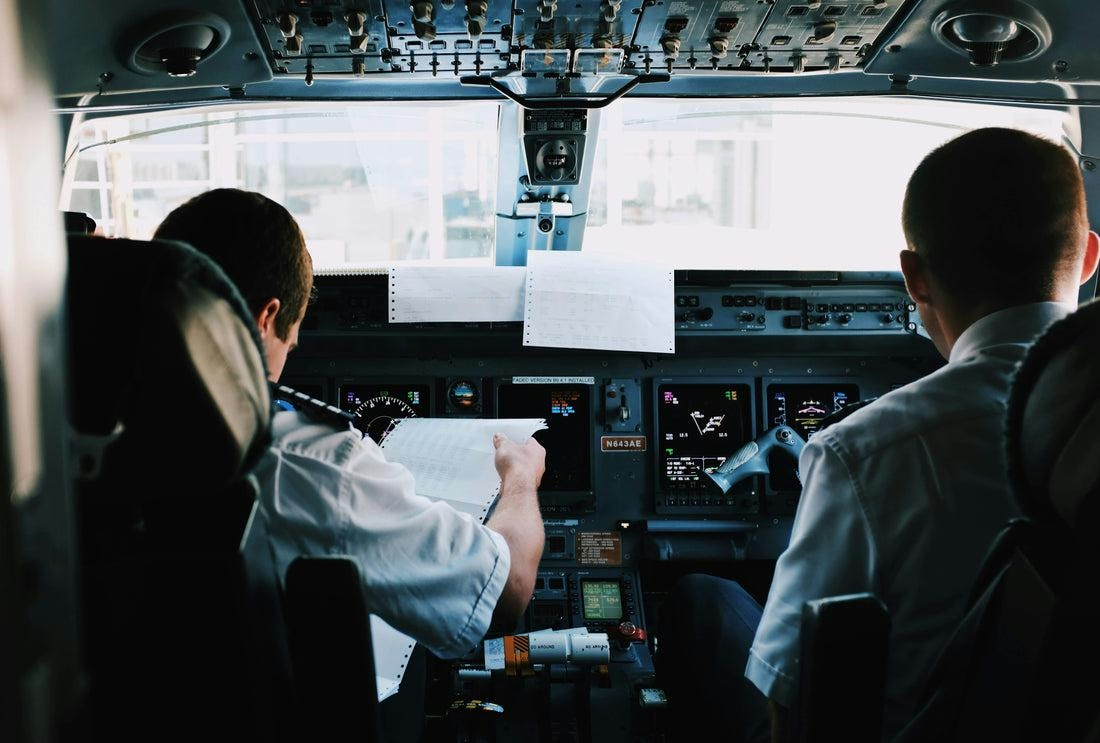
New Airlines Confront Supply Chain and Staffing Challenges
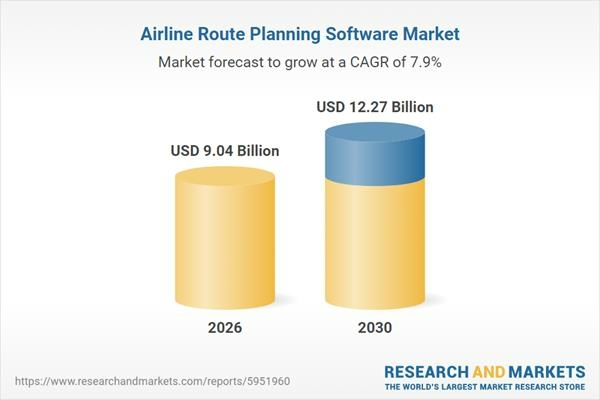
Global Airline Route Planning Software Market Forecasts Through 2035
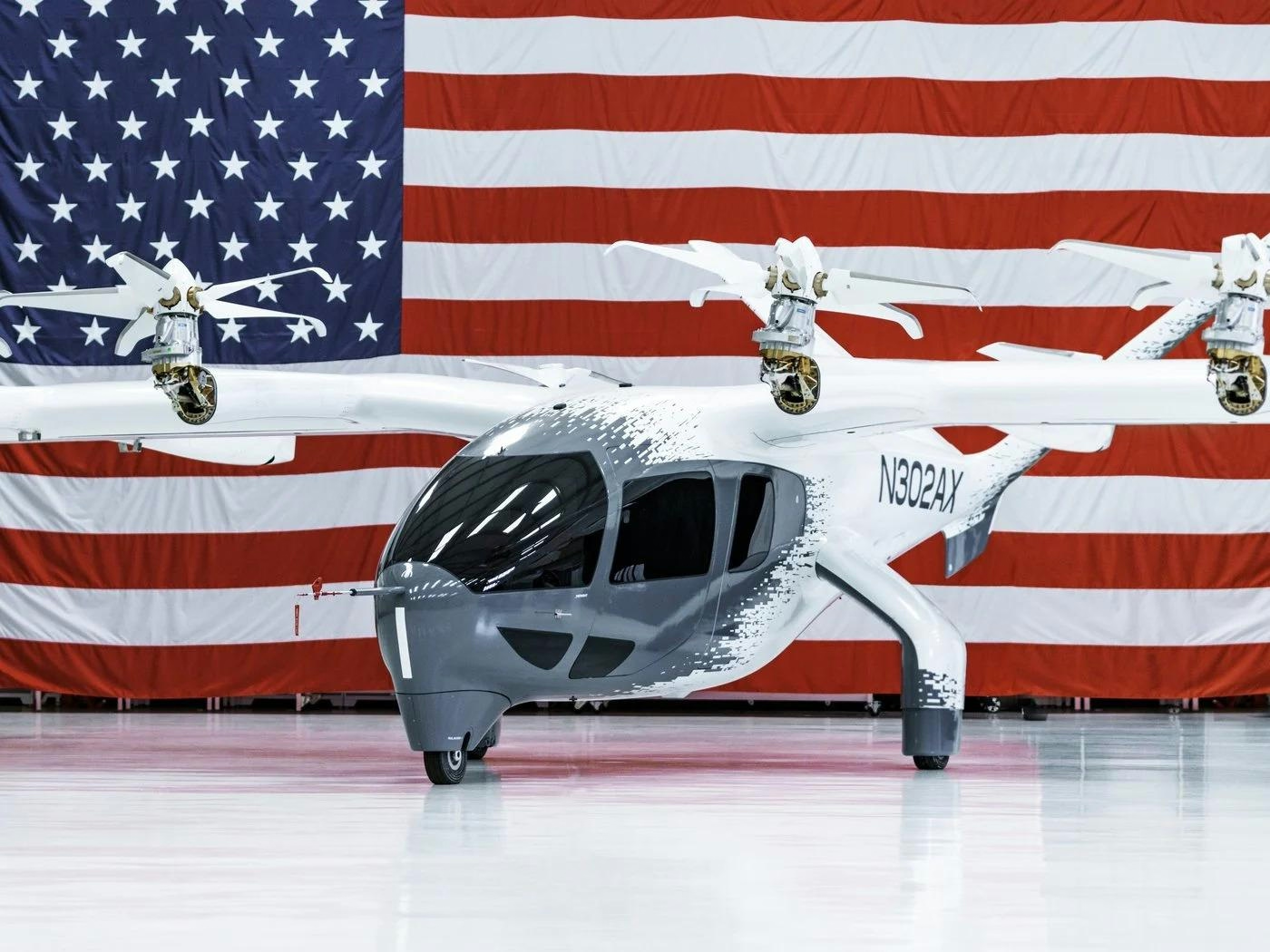
Archer Aviation Shares Rise Premarket Following Nvidia IGX Thor AI Partnership
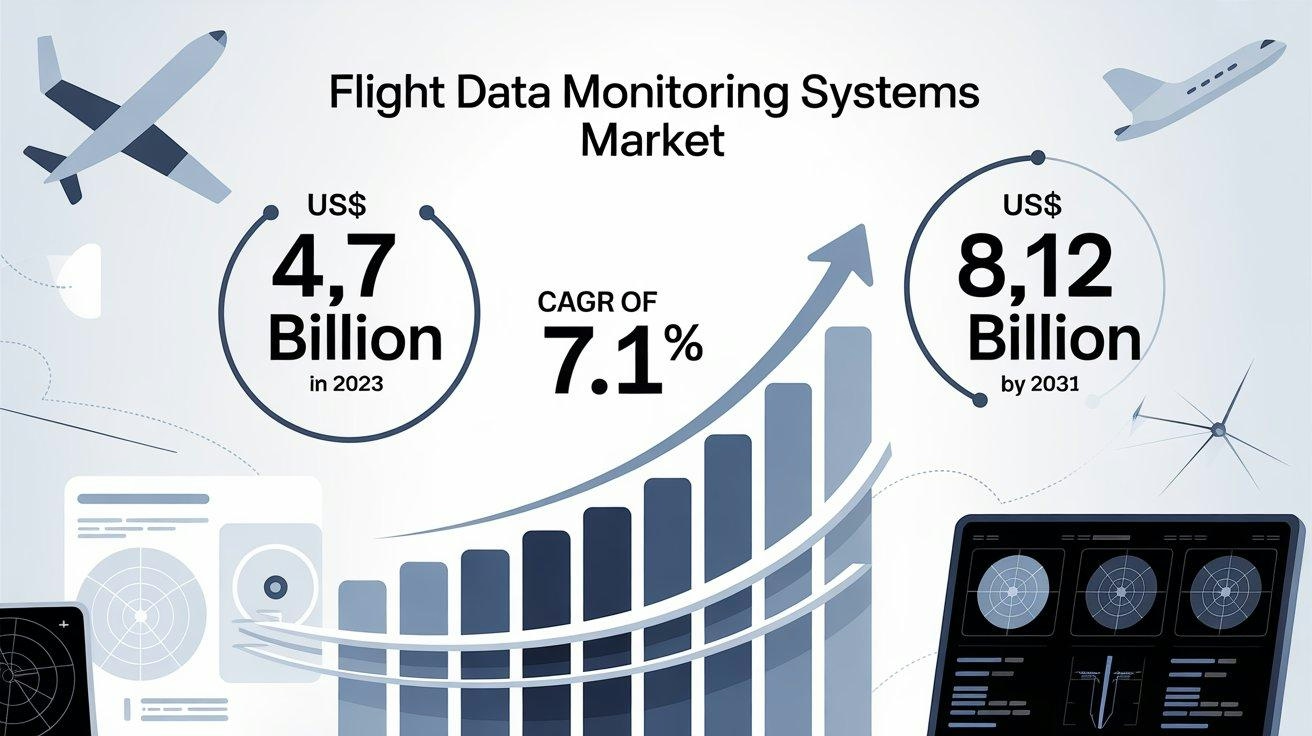
Flight Data Monitoring Systems Market Poised for Robust Growth Amid Rising Focus on Aviation Safety and Digital Transformation

Aircraft Avionics MRO Market Forecast and Analysis, 2024–2035
